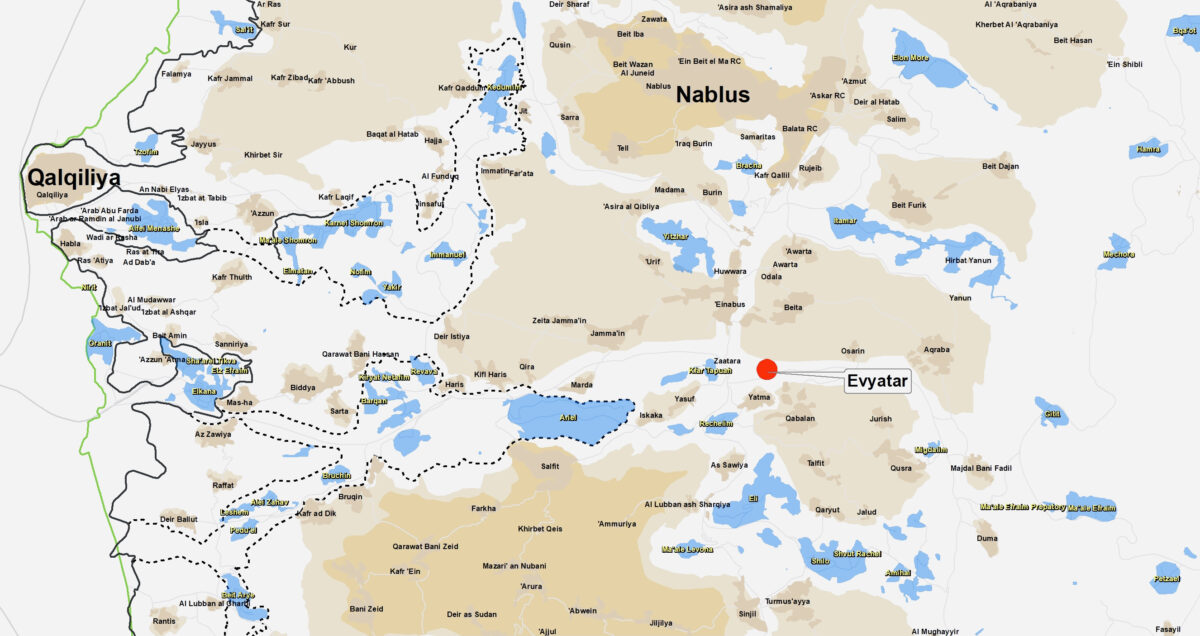The new Israeli government of Prime Minister Naftali Bennett has flunked its first major test.
Just days after alternate prime minister and Foreign Minister Yair Lapid said that the illegal West Bank outpost of Evyatar would be torn down in compliance with a direct and unambiguous army order, the Samaria Regional Council, a pro-settler organization, announced that a compromise agreement had been reached that will leave it intact.
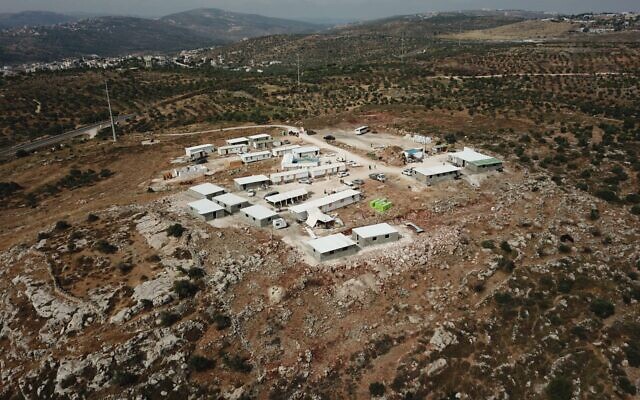
Under a deal reportedly approved by Defence Minister Benny Gantz and Interior Minister Ayelet Shaked earlier this month, the residents of Evyatar will vacate it, but its buildings will not be demolished. In the meantime, it will be transformed into a makeshift army base, and a yeshiva will be established there within a matter of months.
If it is determined that Evyatar was not built on private Palestinian land, the settlers can return and possibly convert it into a full-fledged settlement.
Yossi Dagan, the head of the Samaria Regional Council, appeared pleased by the turn of events. “This is a strategic plan,” he said. “Ultimately, our main mission is to build the Land of Israel.”
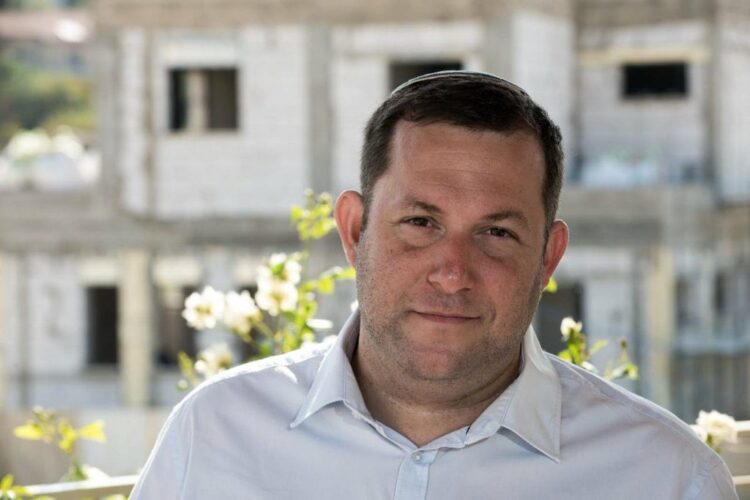
In plain language, the government has cravenly backed down, handing the settlers a victory following an assurance by Lapid that Evyatar would be razed. “It is illegal,” he asserted on June 22. “It is not at all a question of right or left. It is an order from the army …”
On the day, he delivered his categorical comments, the army’s Central Command rejected an appeal from the settlers to maintain the status quo after ruling that Evyatar had been established in “complete violation of the law.”
The settlers appealed and emerged triumphant yet again.
Within the framework of creating facts on the ground, they have constructed roughly 140 illegal outposts in the last two-and-a half decades without the government’s permission. Their objectives are to grab yet more land claimed by the Palestinians, further entrench Israel’s occupation, and sabotage a two-state solution.
The settlers know exactly what they are doing. Capitulating to their demands, the Israeli government has legalized many illegal outposts, while leaving the rest undisturbed.
Not having been fooled by this time-honored practice, Israeli Arab parliamentarians have rightly denounced the most recent compromise agreement as a “shameful move” and a “deception” aimed at legitimizing the settlements and encouraging settlement expansion.
Bennett, who heads the far-right-wing Yamina Party, was naturally satisfied with the compromise. One of the settlers’ most ardent supporters, he has called for the annexation of Area C, which comprises almost two-thirds of the West Bank.
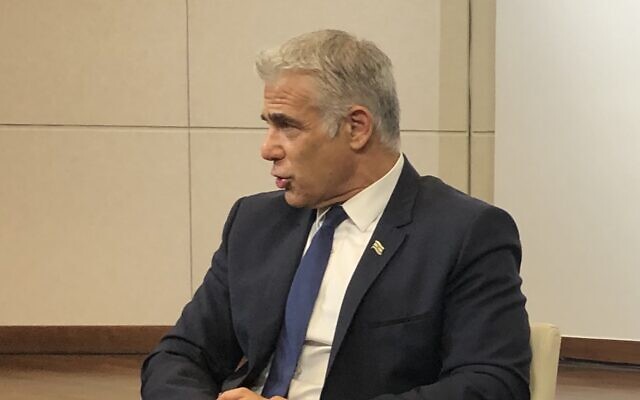
Lapid, a centrist and the leader of the Yesh Atid Party, presumably accepted the compromise out of concern that the coalition government he painstakingly cobbled together might collapse and allow Benjamin Netanyahu to return to power.
Evyatar, south of the Palestinian town of Nablus, has been razed several times since its establishment eight years ago. Named after Evyatar Borovsky, a settler who was stabbed to death by a Palestinian assailant, Evyatar was built and rebuilt on land that the settlers do not even own.
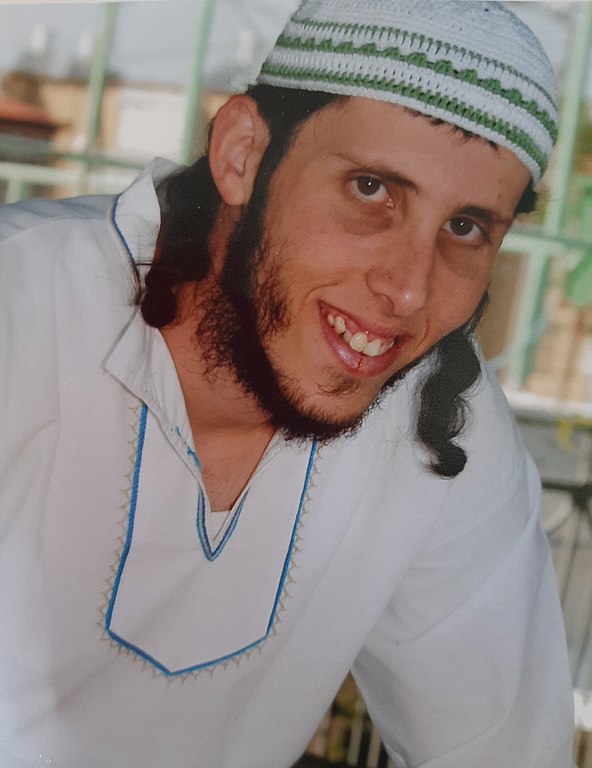
It has grown rapidly since its reestablishment in early May, having been settled by dozens of families living in about 50 mobile homes and other structures. Its supporters say that Evyatar is strategically important, blocking contiguity between the surrounding Palestinian villages, while linking the Israeli settlement of Tapuach to the Za’atara Junction and the settlement of Migdalim.
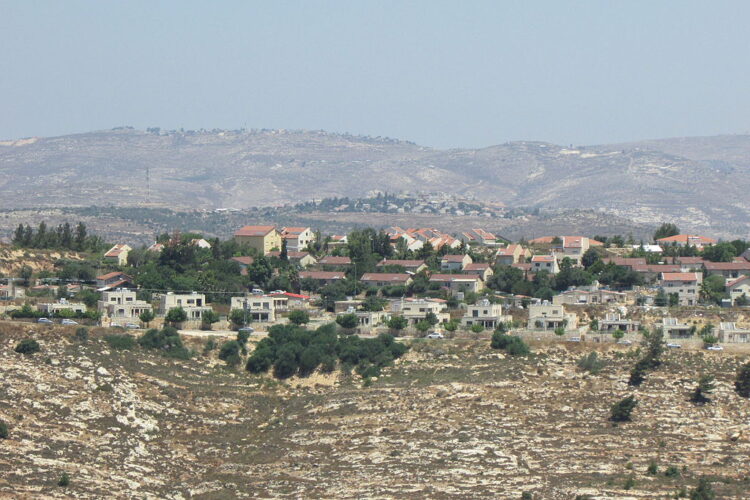
The land in and around Evyatar has been historically cultivated by Palestinians farmers. Of late, they have been prevented from entering the area by the Israeli army. The reason is clear. Uncultivated lands can revert to public ownership, according to local property laws.
Since Evyatar’s resurrection, clashes have broken out between Israeli soldiers and Palestinian protesters from nearby villages.
Ultimately, the issue may have to be settled by Israel’s Supreme Court.
